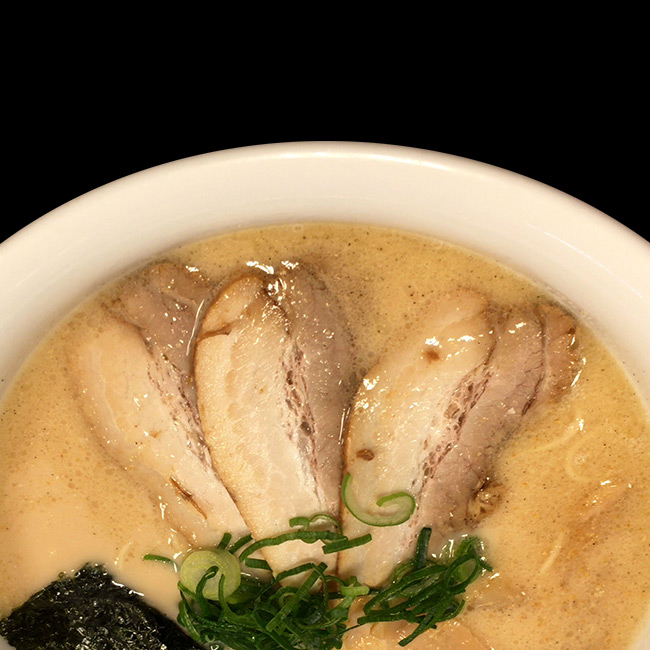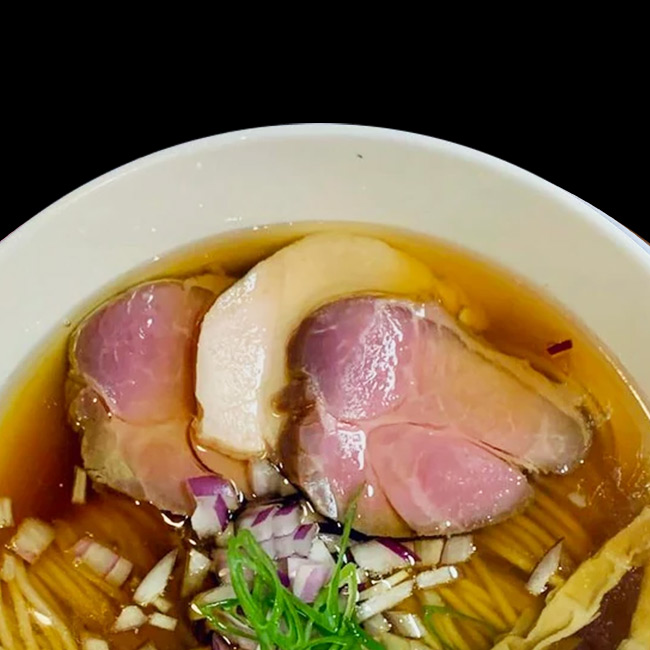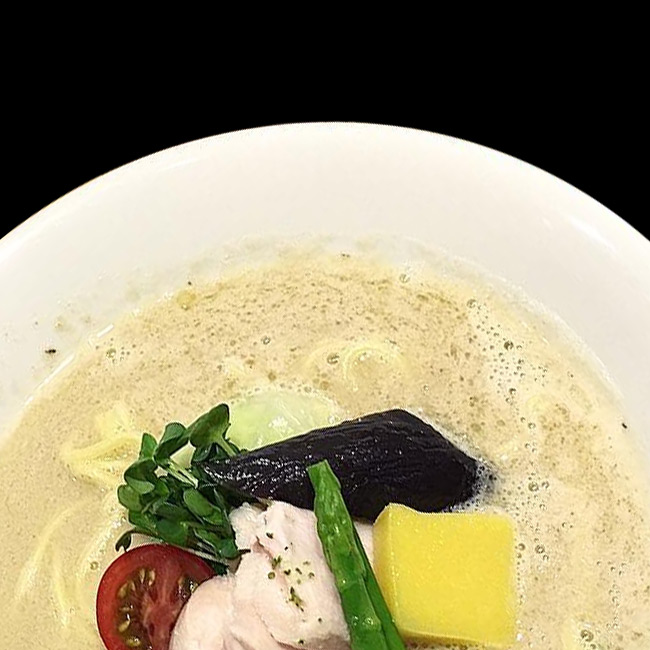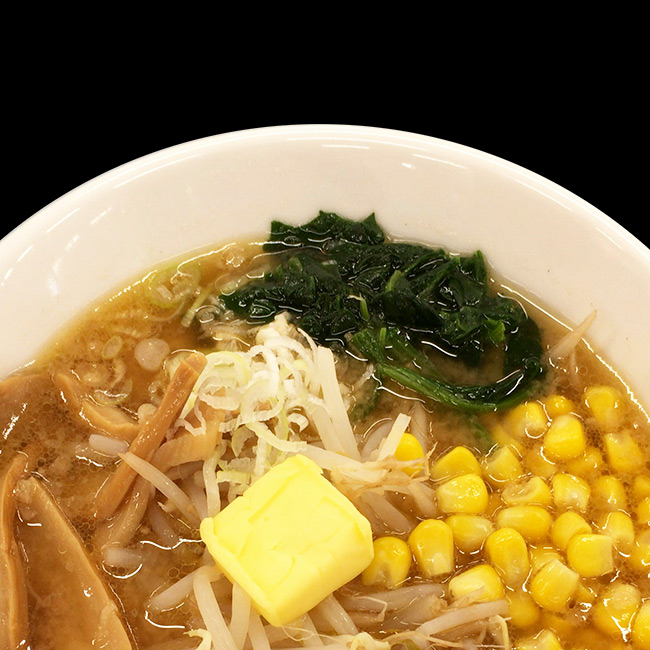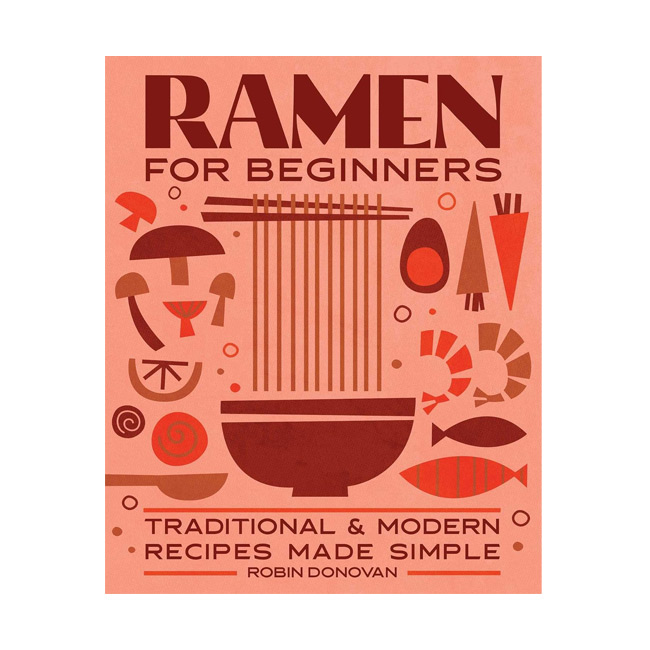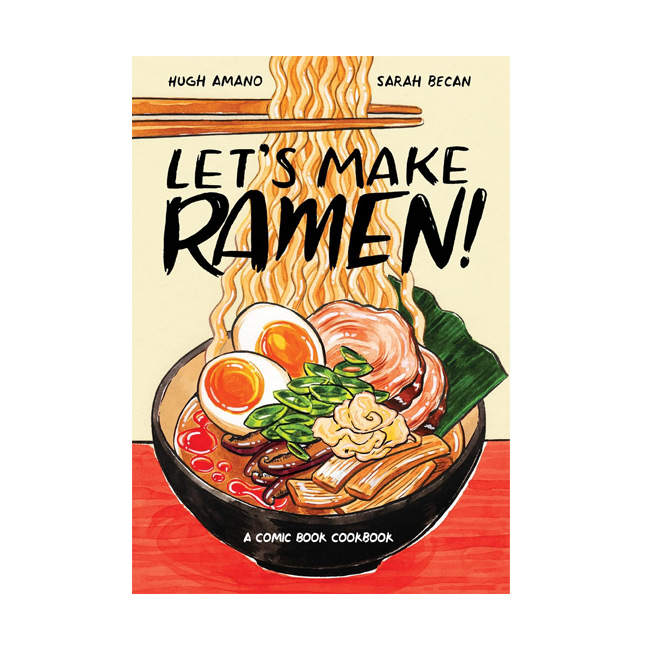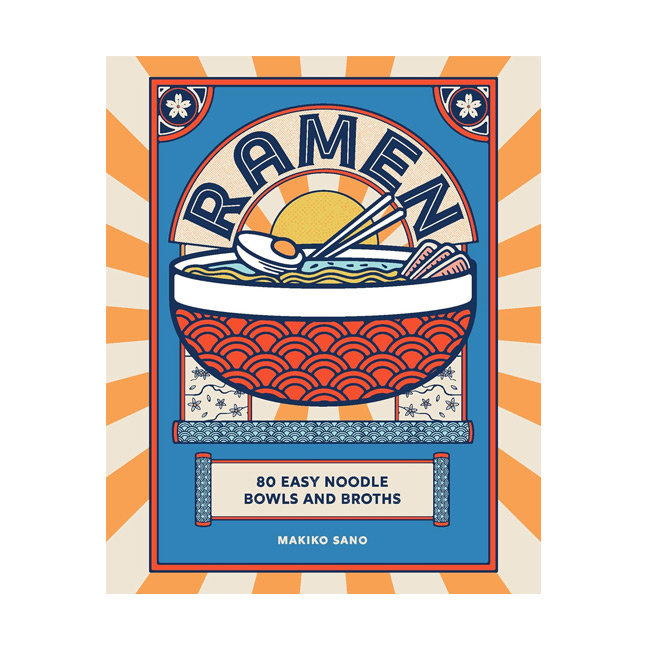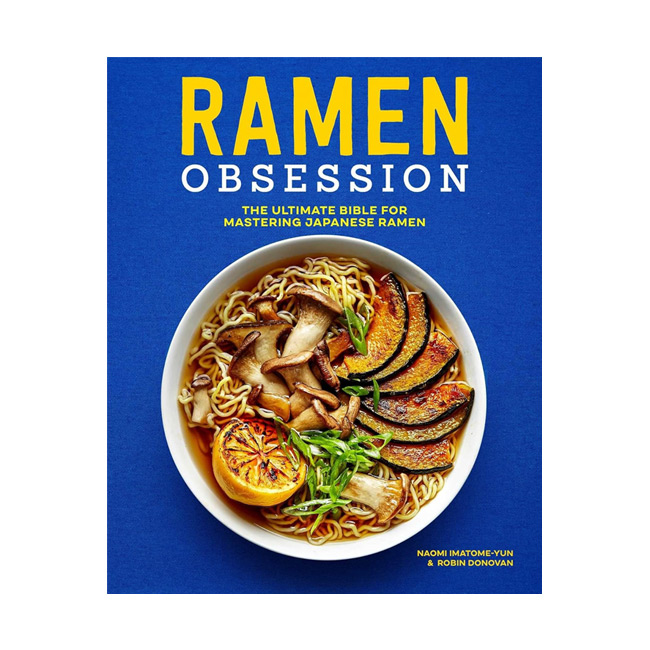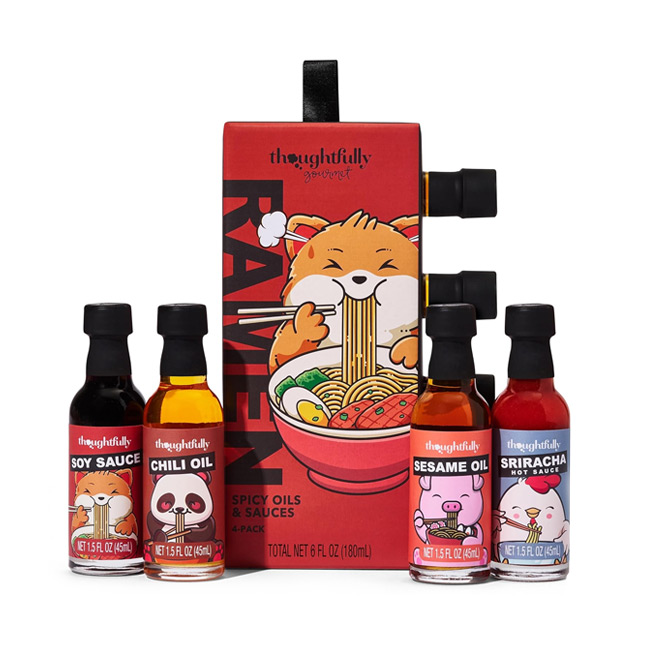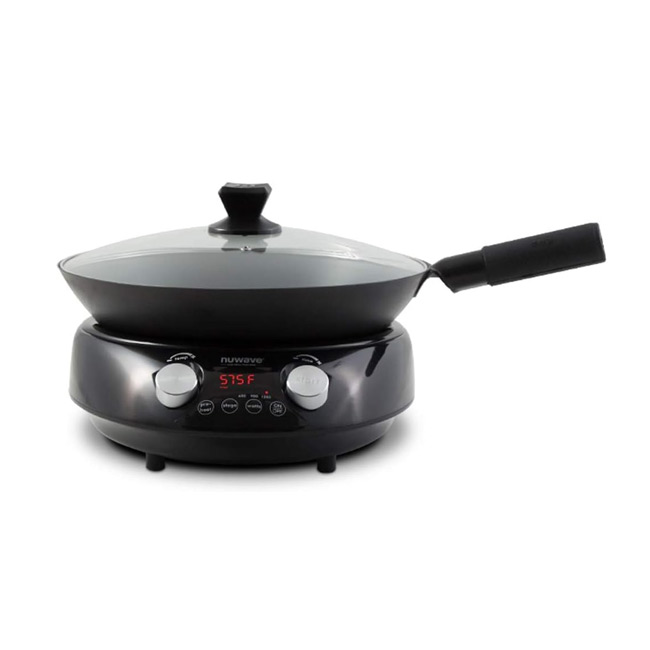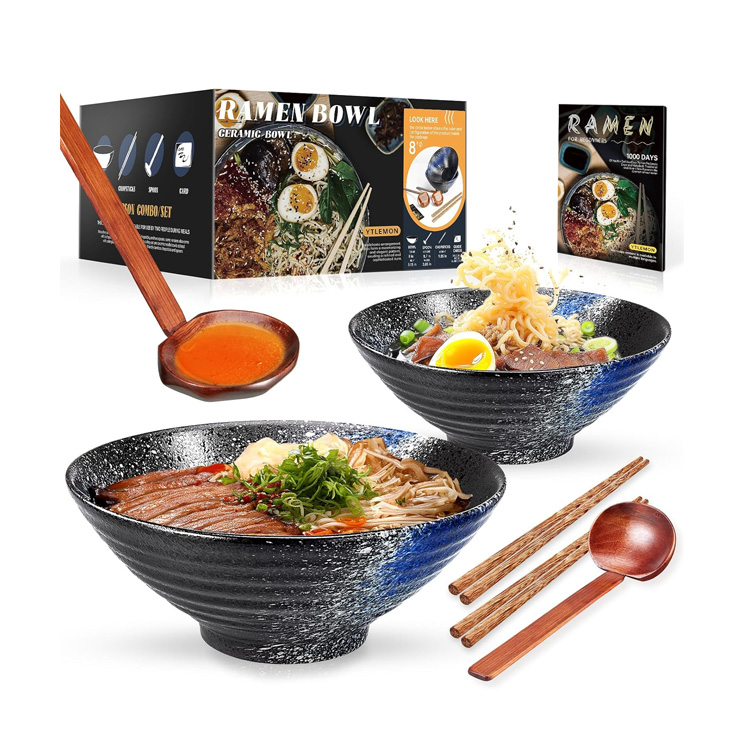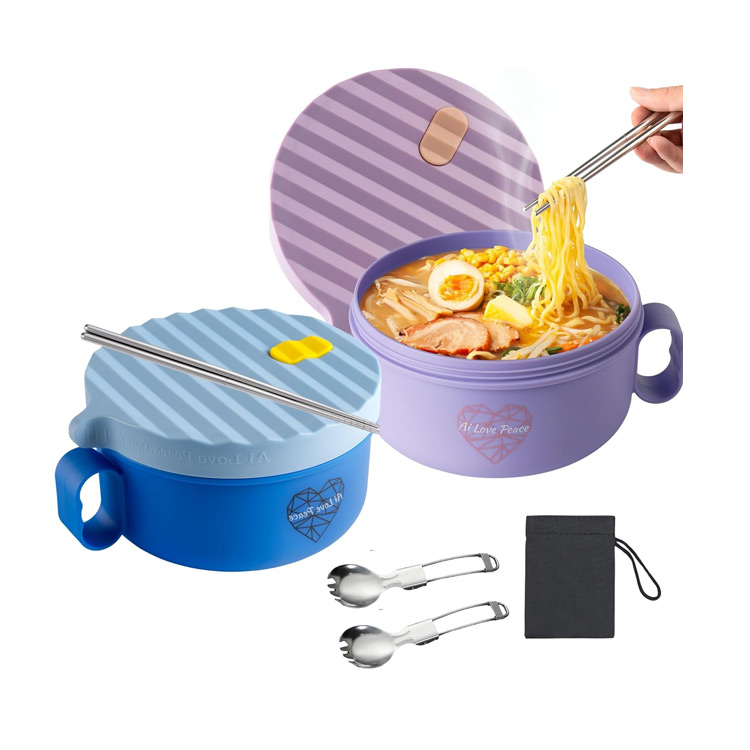Chicken bones are a foundational ingredient in many ramen broths, known for creating a light, clear, and flavorful base. When simmered, chicken bones release a delicate yet rich umami flavor that serves as the perfect canvas for various seasonings and toppings.
The broth made from chicken bones is often lighter than pork-based broths, making it ideal for highlighting subtle ingredients like vegetables, seafood, and delicate noodles. This type of broth is commonly used in Shoyu (soy sauce) and Shio (salt) ramen, providing a clean and comforting taste that appeals to a wide range of palates.
History
The use of chicken bones in ramen dates back to the early development of the dish in Japan. Chicken-based broths have been a staple in Japanese cuisine for centuries, primarily used in clear soups and hot pots.
When ramen began to gain popularity in the early 20th century, cooks adapted traditional chicken broths to create lighter, more accessible ramen variations. These chicken-based ramen broths became especially popular in Tokyo, where the local preference leaned towards clearer, more refined flavors compared to the richer pork-based broths of the southern regions. Over time, chicken bone broth ramen has maintained its status as a classic and beloved option in ramen shops across Japan and beyond.
Usage and Selection
To create a flavorful chicken bone broth, it is essential to simmer the bones slowly over a long period, allowing the collagen and marrow to break down and enrich the broth.
For the best results, use a combination of different chicken parts, including backs, necks, and feet, which are rich in collagen and gelatin. When selecting chicken bones, freshness is crucial; look for bones with a healthy pink color and avoid any that appear discolored or have an off smell.
Enhancing the broth with aromatics like garlic, ginger, and scallions can add depth and complexity. Skimming impurities during the simmering process is vital to achieving a clear and clean-tasting broth.
Chicken Bones Broth and Ramen
Chicken bone broth is commonly used in several types of ramen, each with its unique characteristics. For instance, shoyu ramen features a chicken bone broth seasoned with soy sauce, giving it a slightly salty and umami-rich flavor. The broth is typically clear and light, making it a popular choice for those who prefer a less rich ramen experience. Shio ramen also uses this broth, a chicken bone broth seasoned with salt. This results in a delicate and clean-tasting broth that highlights the natural flavors of the chicken. It is often garnished with simple toppings like green onions, bamboo shoots, and sometimes seafood.

Shoyu Ramen
Shoyu ramen uses a clear and salty soy sauce broth and is considered fairly balanced, with many comforting flavors.
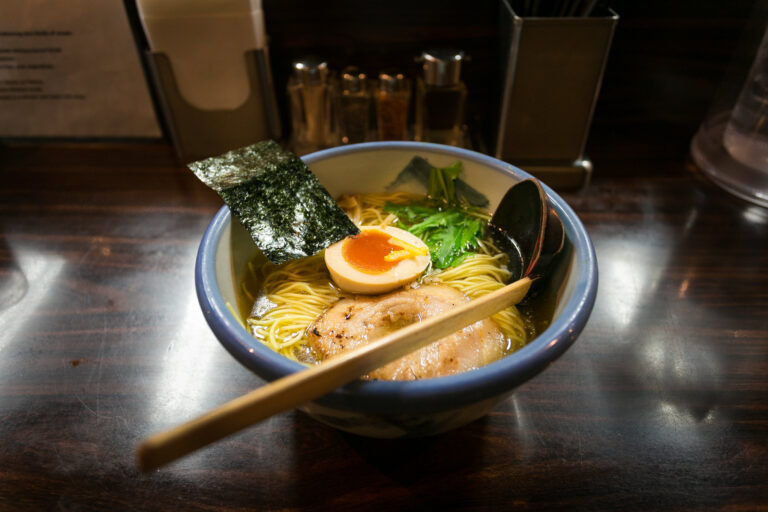
Shio Ramen
Shio Ramen is based on chicken broth. Its main seasoning is salt, and its toppings are usually a refreshing mix of seafood and veggies.

Paitan Ramen
Paitan ramen has a creamy and cloudy broth, perfect for those who love a hearty, umami-packed ramen experience.
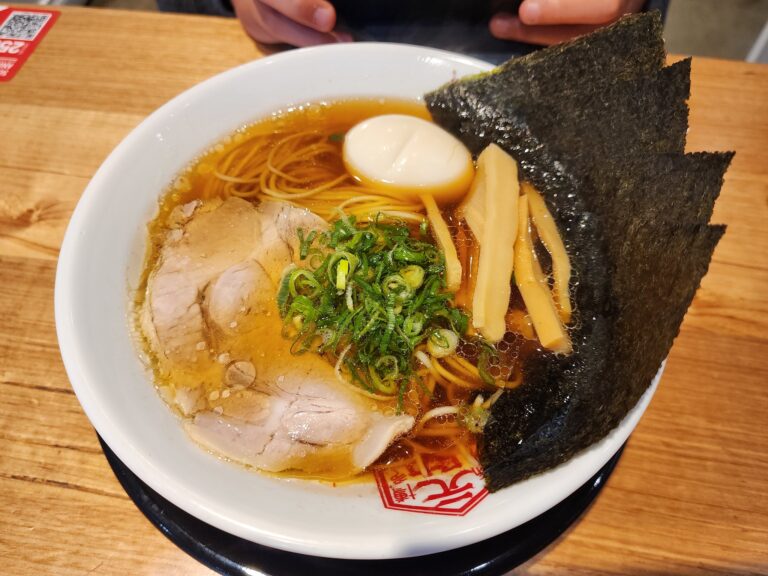
Chintan Ramen
Chintan ramen is known for its clear, flavorful broth. Learn about its refined broth, perfect noodles, and thoughtfully chosen toppings.


